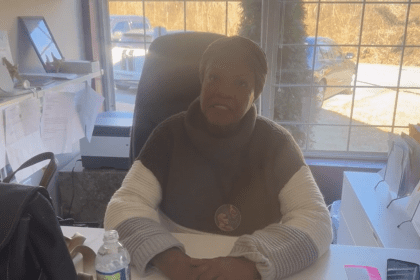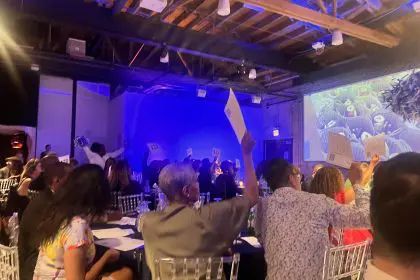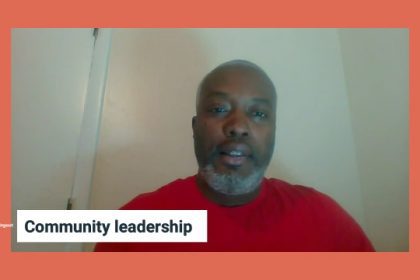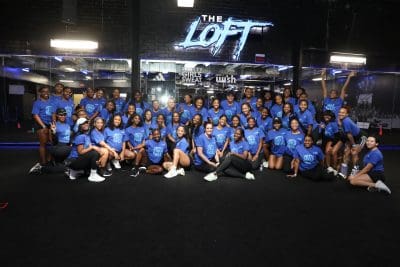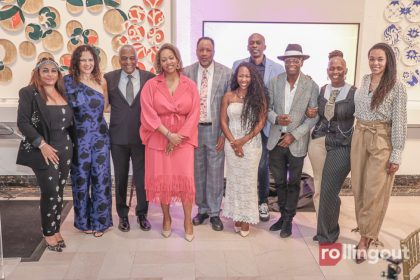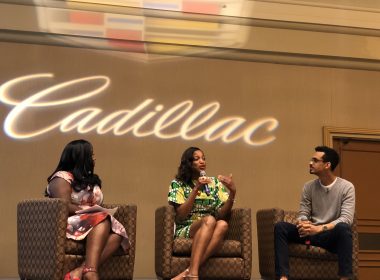In part three of our video series on the Northern Civil Rights Movement, I. David Byrd, COO of the Arthur M. Brazier Foundation, continue with a closer look at Bishop Brazier and some of the values he encouraged, along with the courage exhibited in the face of the systematic racism faced by Northern blacks.
“For every man, there is a necessity to establish as securely as possible the lines along which he proposes to live his life. For Bishop Arthur M. Brazier those lines were self-determination of and respect for individuals demonstrated through a life of service for their betterment, both inside and outside the church.
Bishop exhibited the consistent courage to make the unpopular decisions: working with the University of Chicago in their Woodlawn expansion to ensure current residents were treated with respect; repurposing 63rd St bringing down the L; challenging the school system to redefine the narrative on the education of the African-American child across Chicago; reframing what adequate housing meant for people of color across Chicago and focusing Woodlawn on creating solutions to its problems rather than waiting on someone else to solve them.
He believed neighborhoods reach economical, educational, financial, moral and spiritual freedom when the wholeness of living in community becomes a way of life. He was a visionary, community developer and civil rights organizer who used his influence to convene power and bring them to a common understanding of the needs of the Southside communities. We at the Arthur M. Brazier Foundation are honored to continue that focus on community self-determination.”
– I. David Byrd, Chief Operating Officer, Arthur M. Brazier Foundation
In video three, we hear firsthand accounts of Bishop Brazier’s work and how it impacted the entire city.
[jwplayer mediaid=”591736″]
To follow the series and other reflections of the work visit the foundation’s website where new content will be posted throughout the month, www.brazierfoundation.org/legacy



